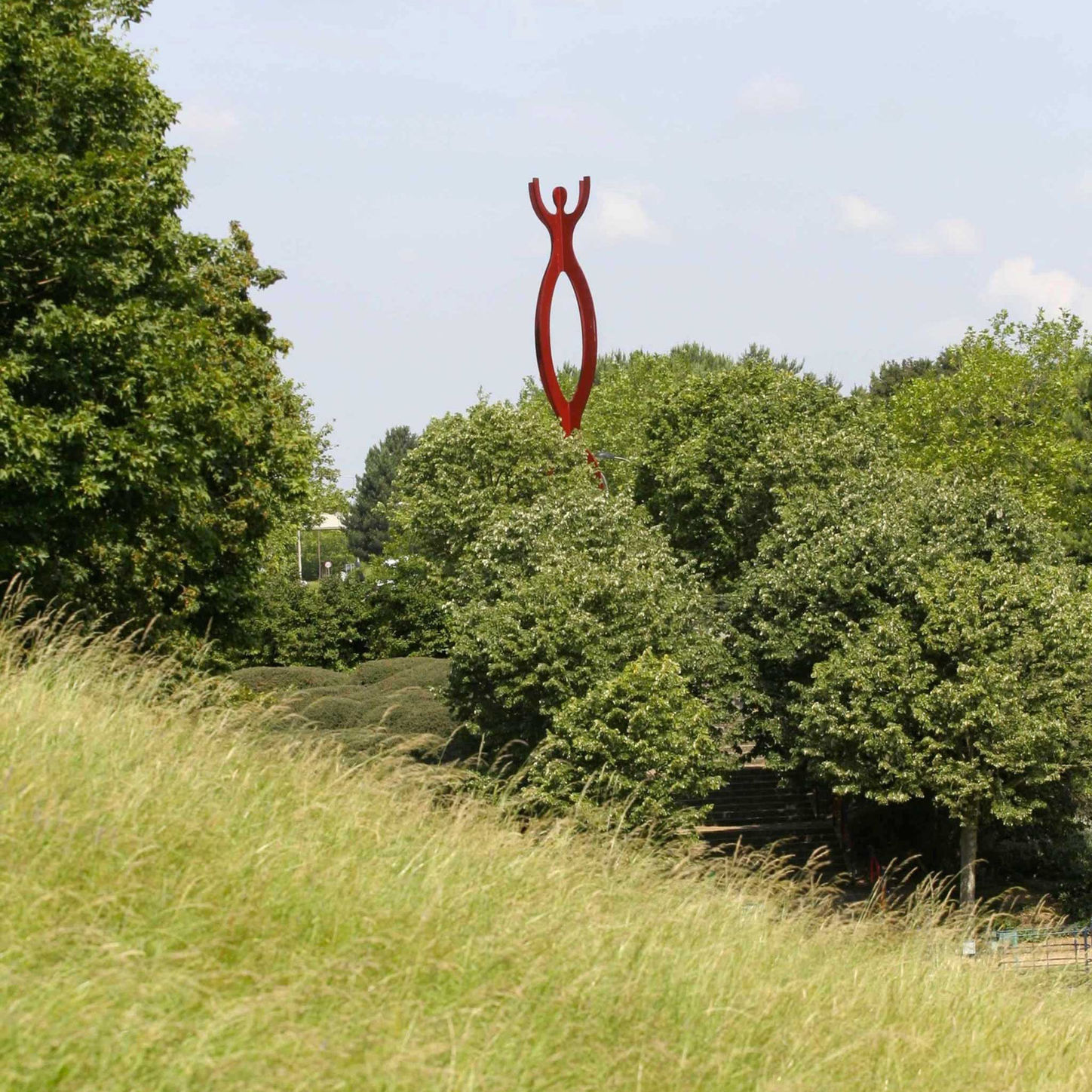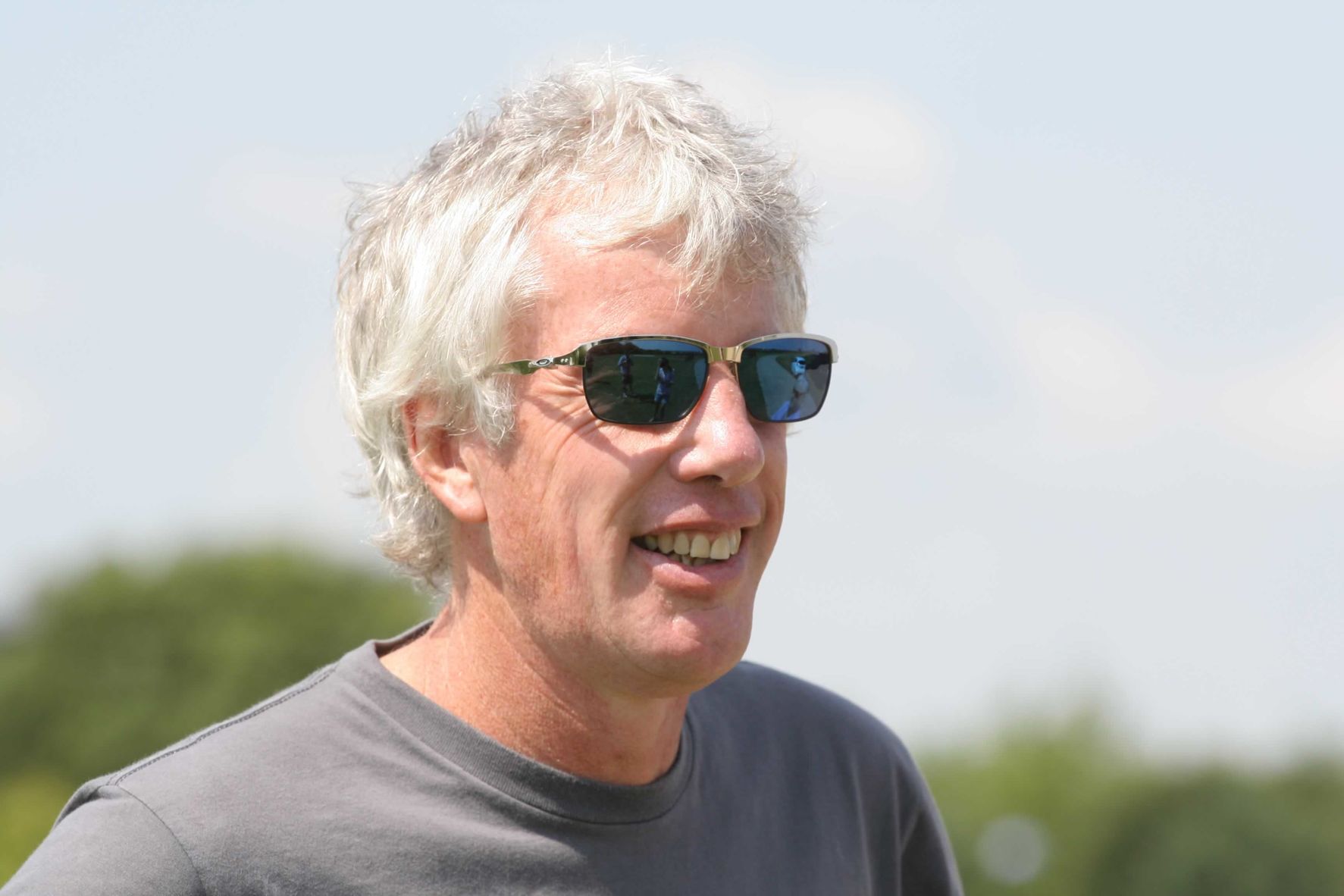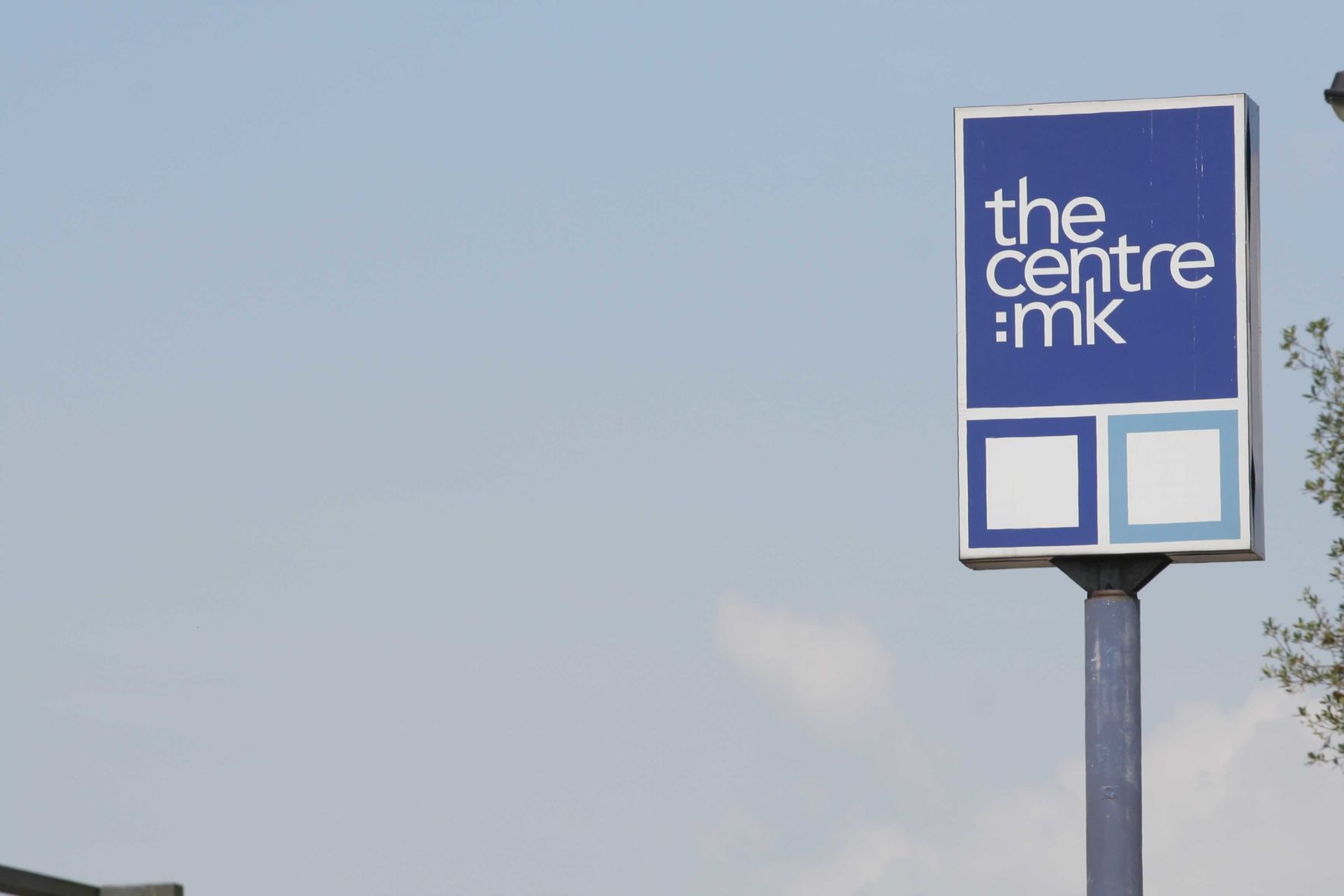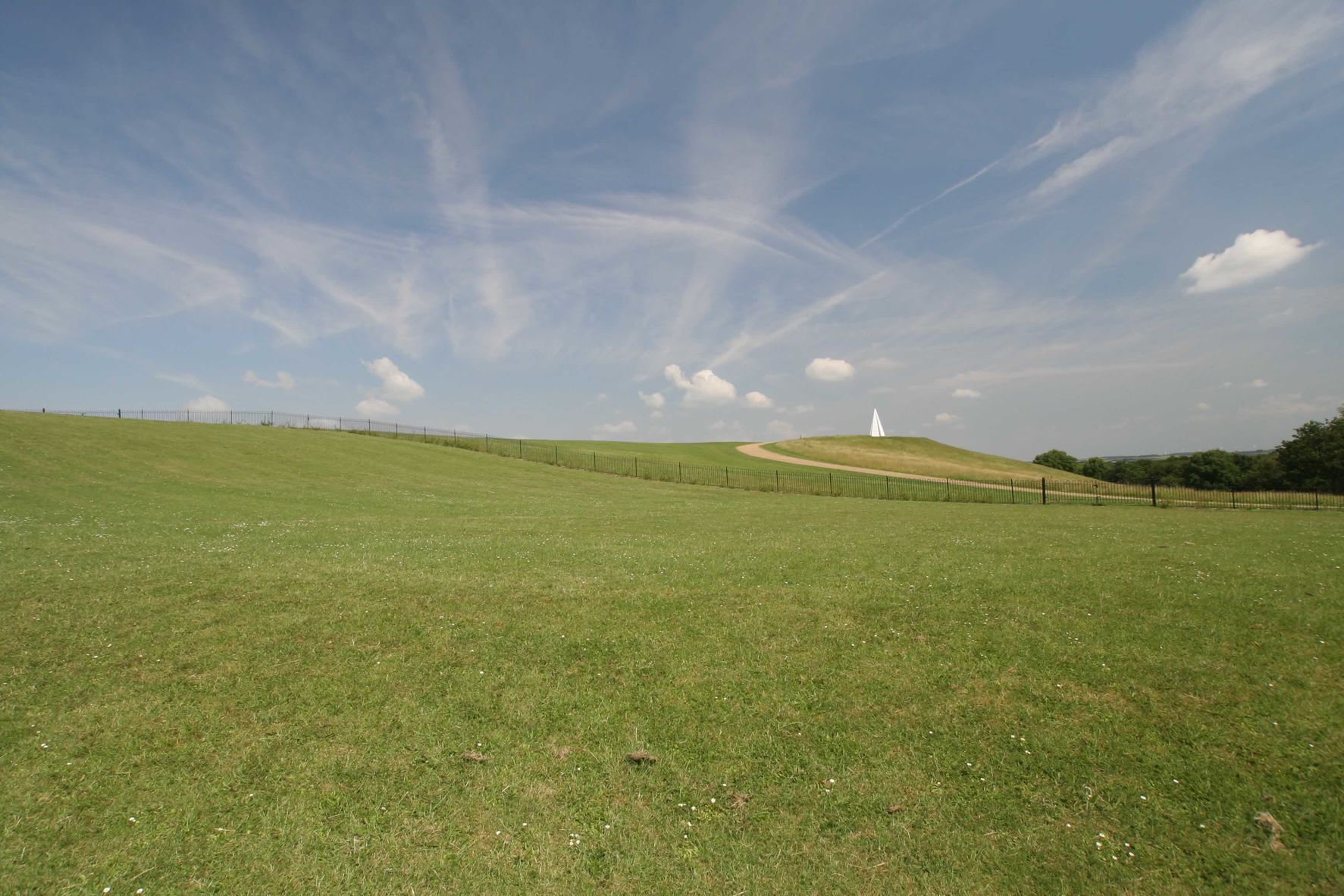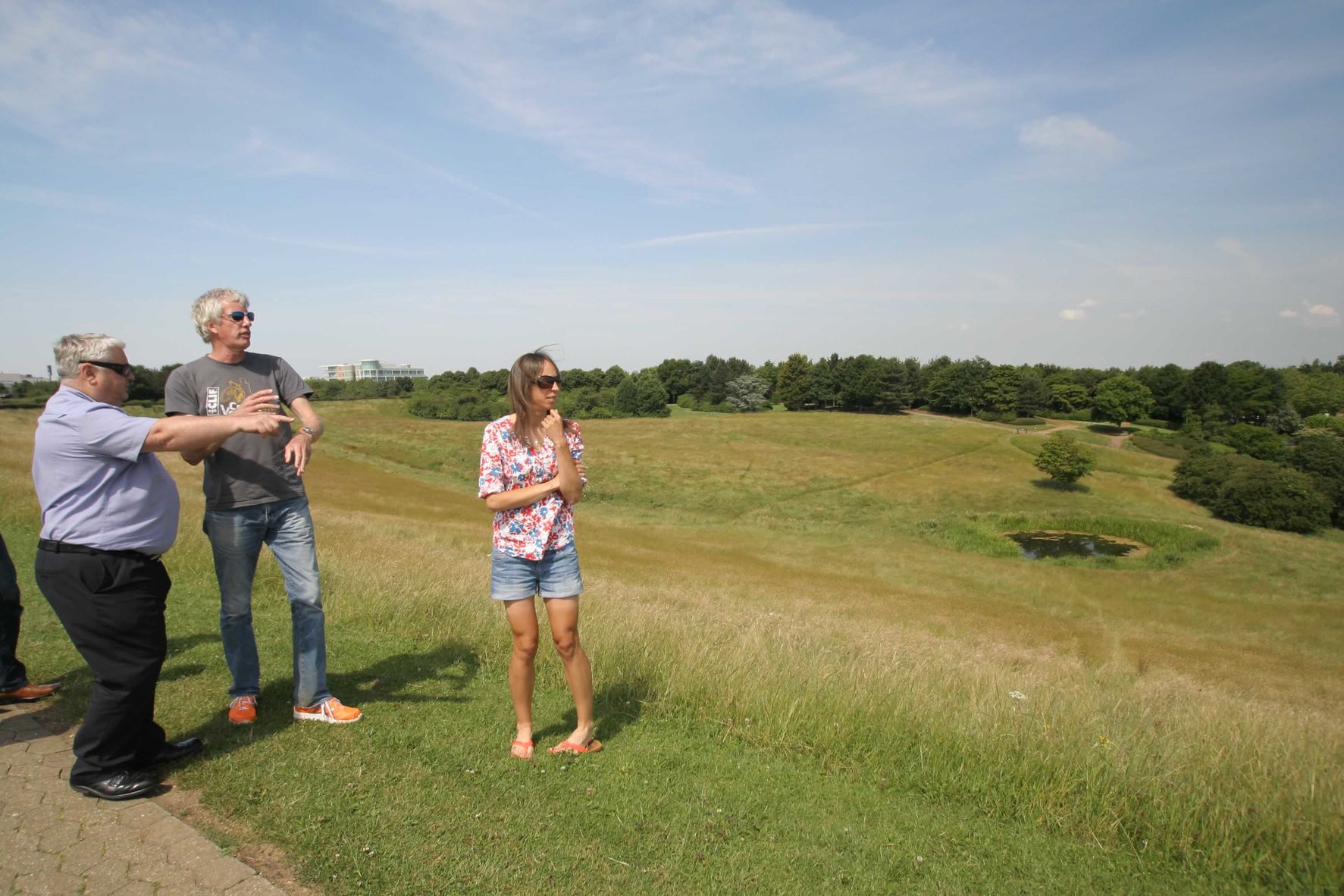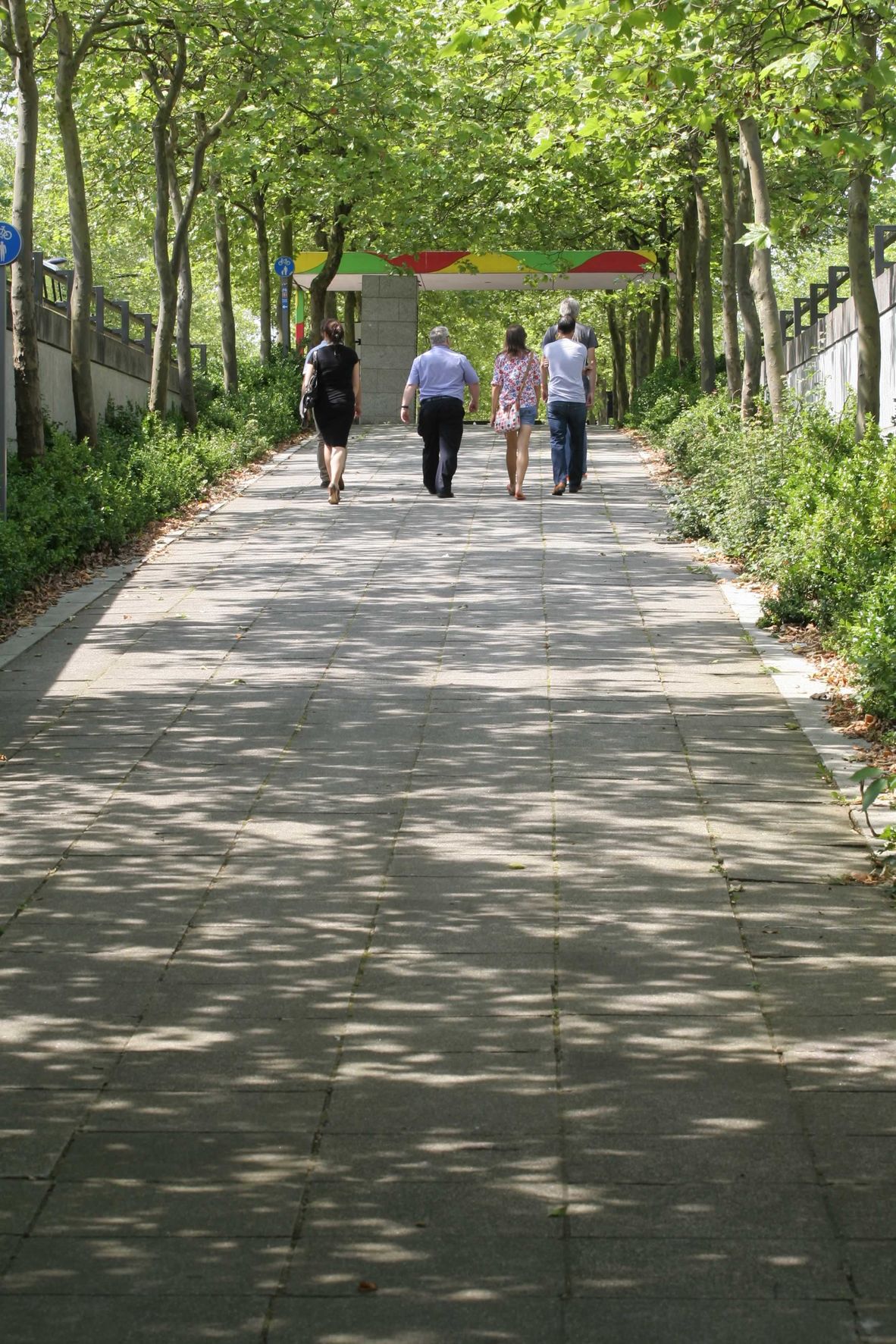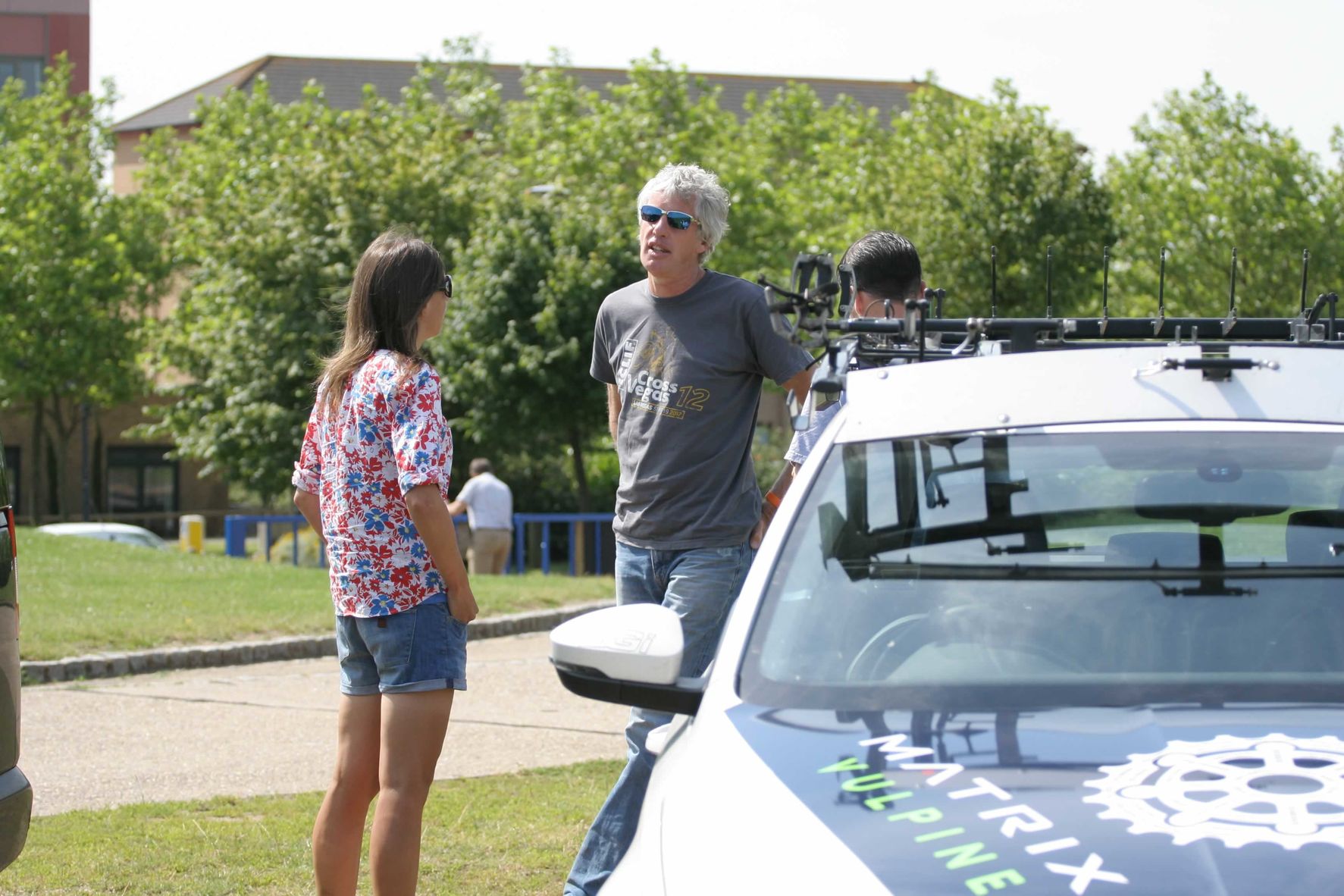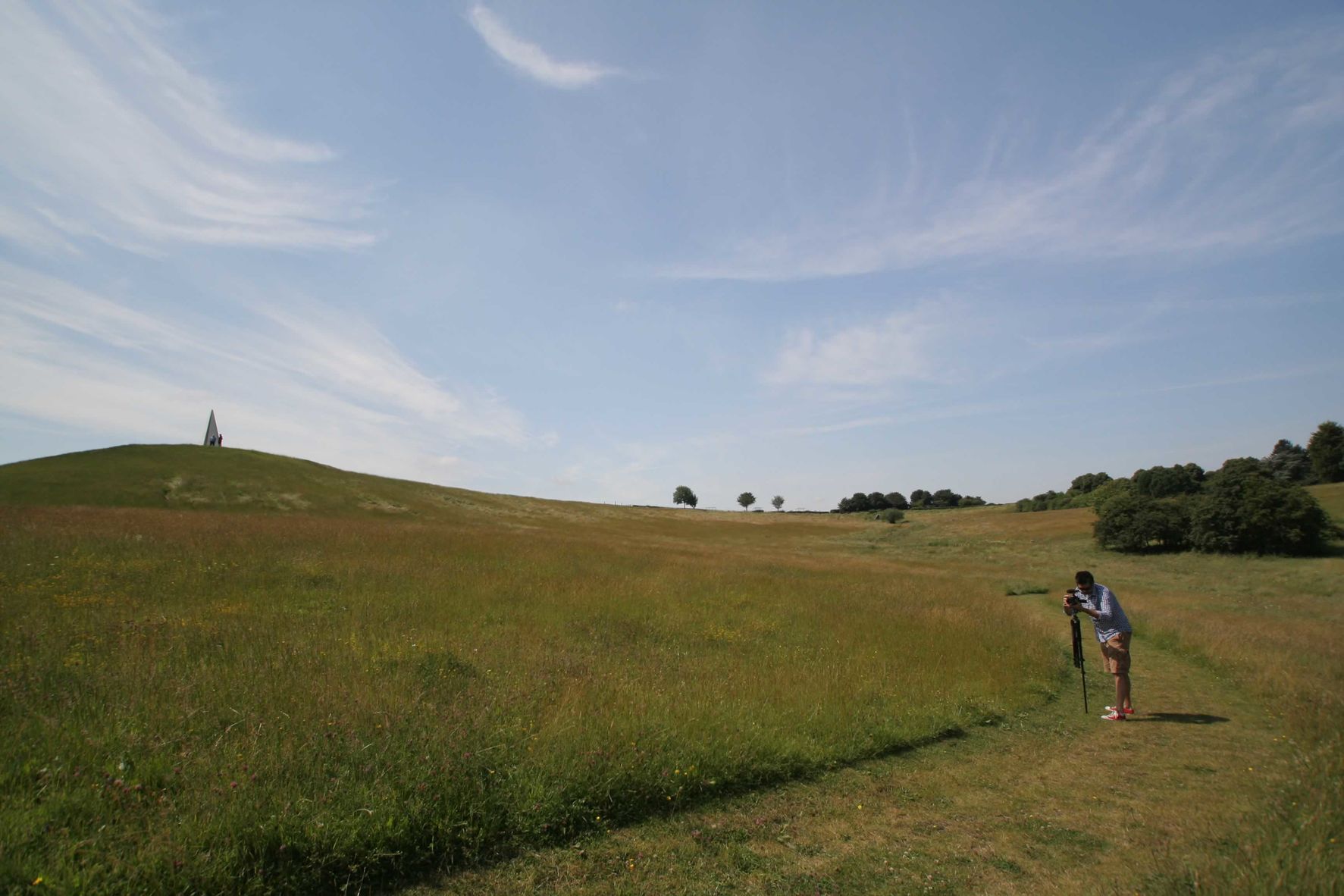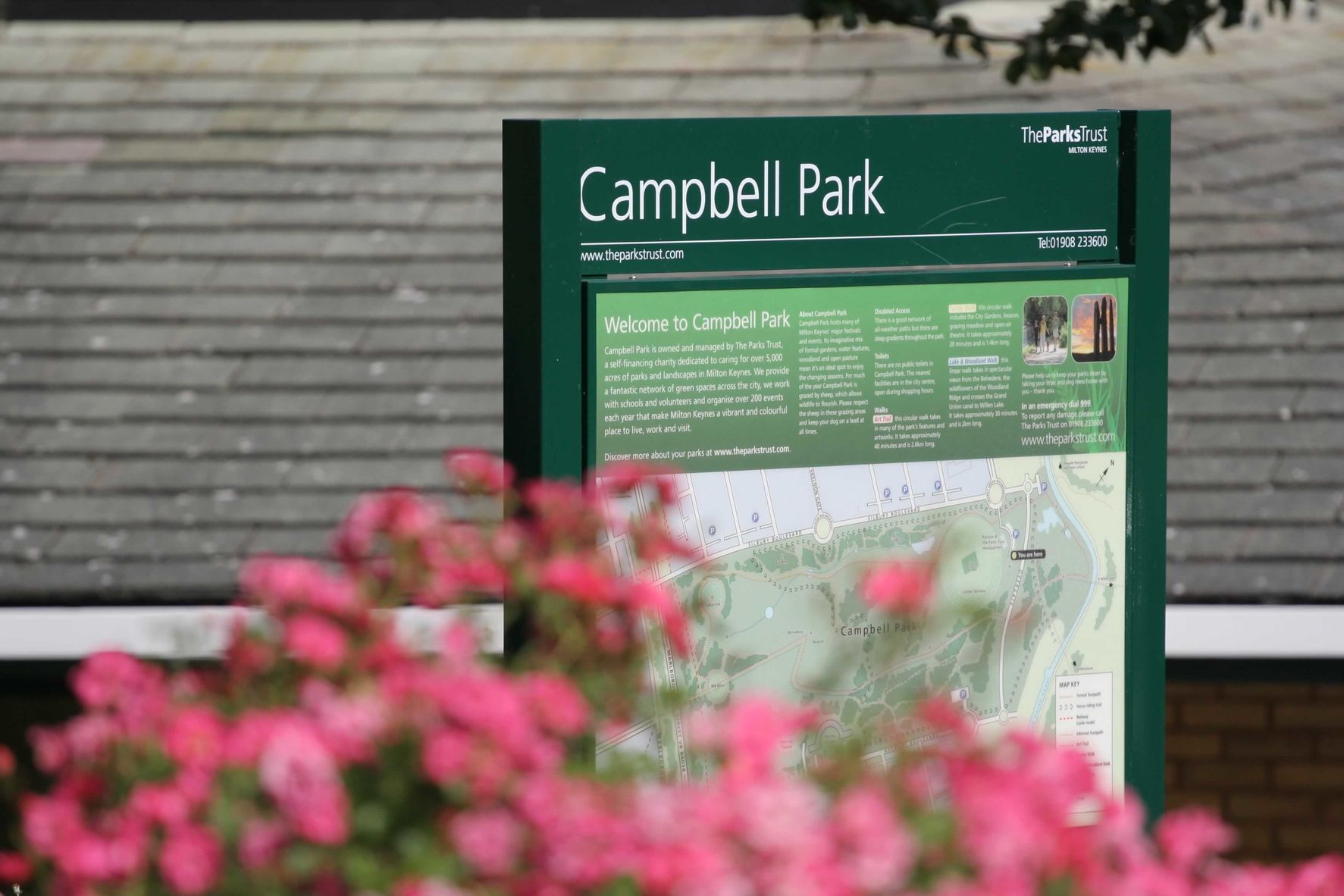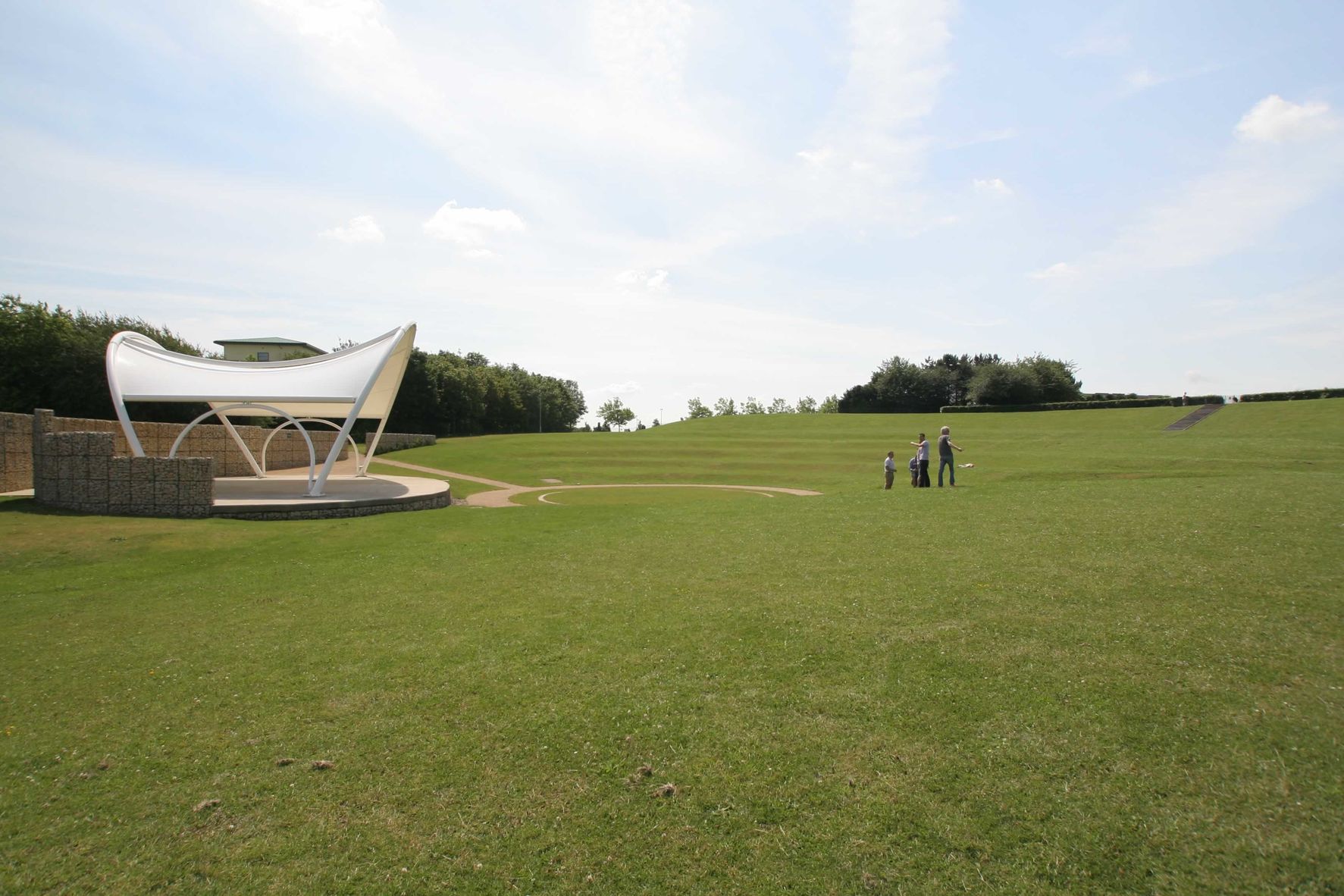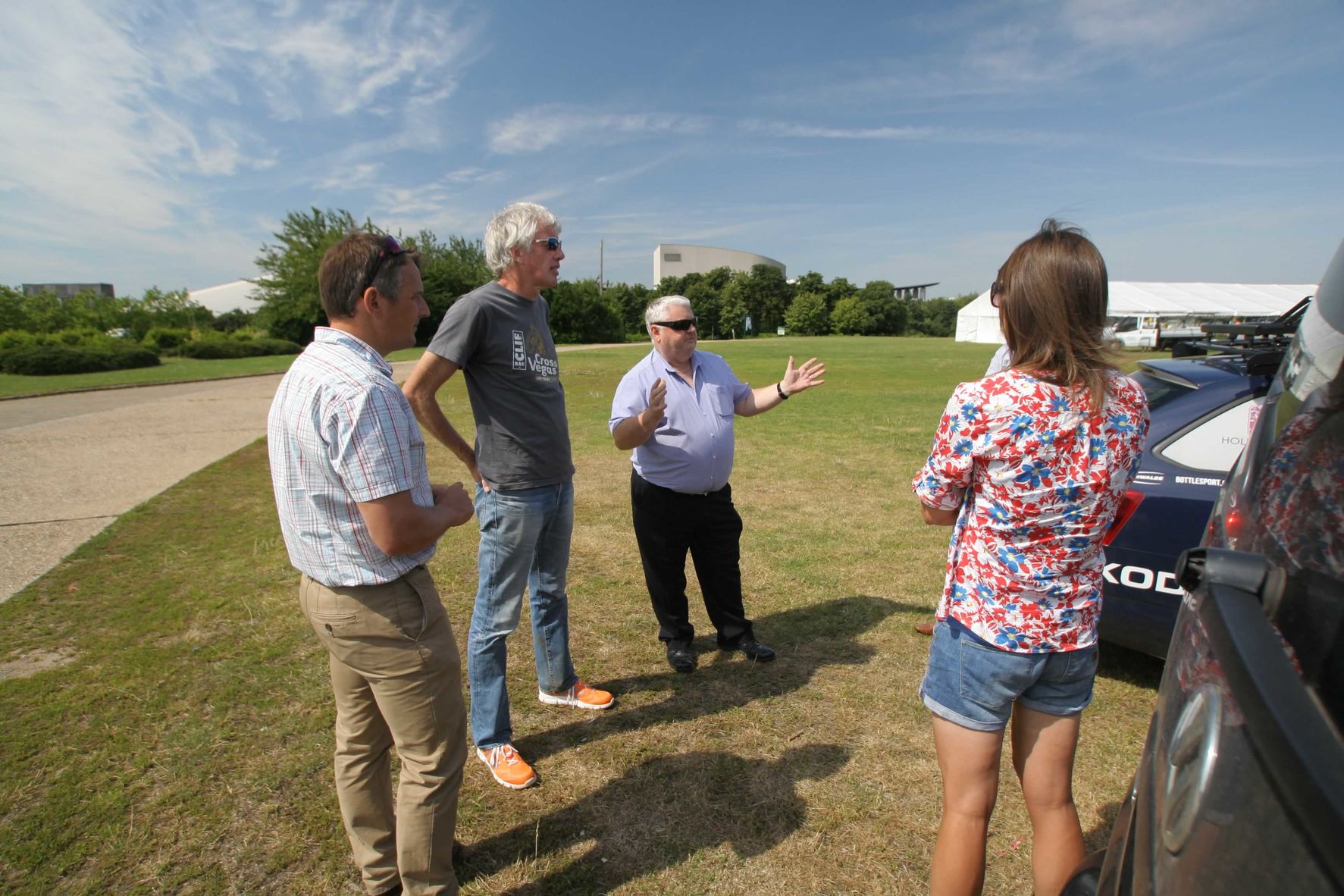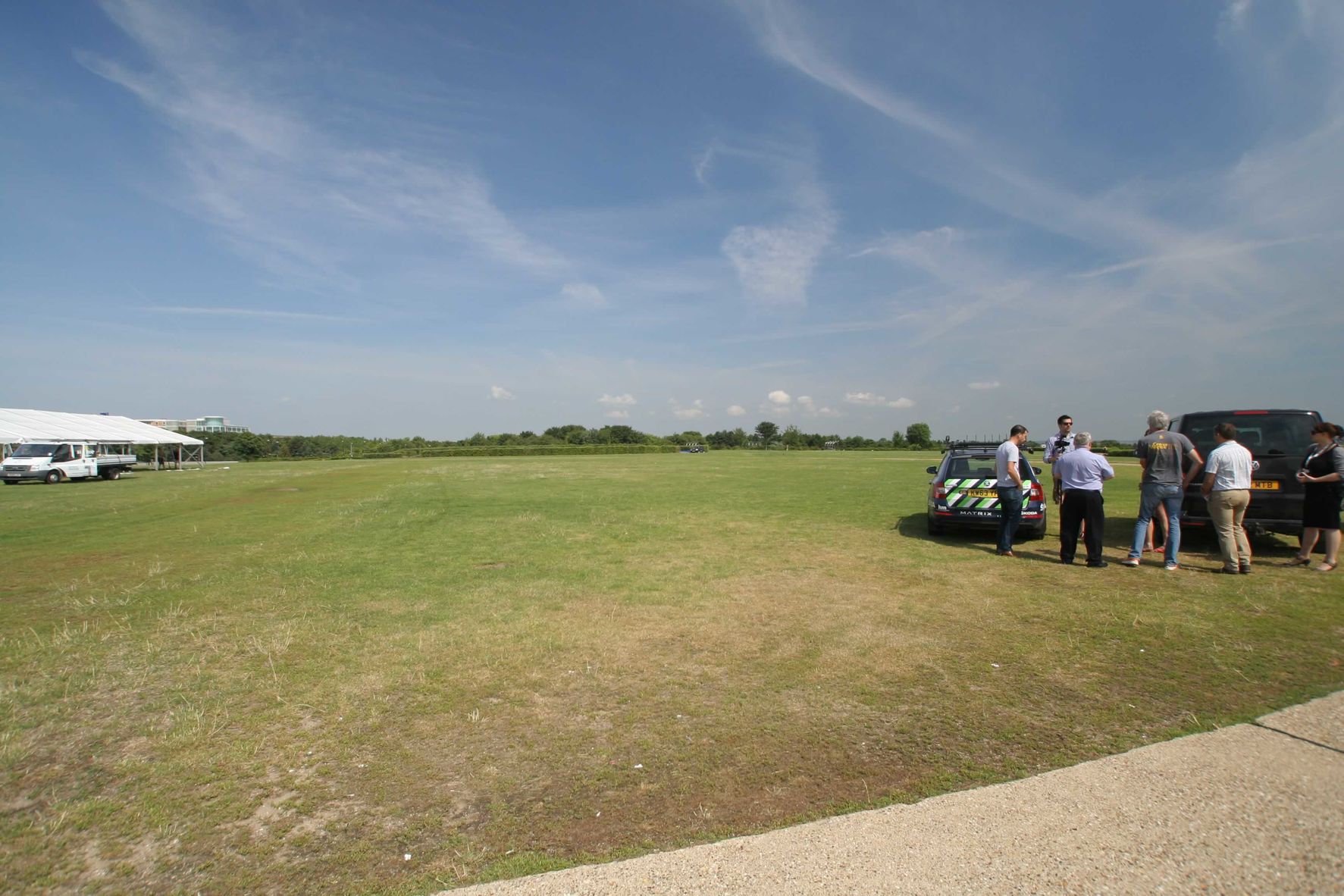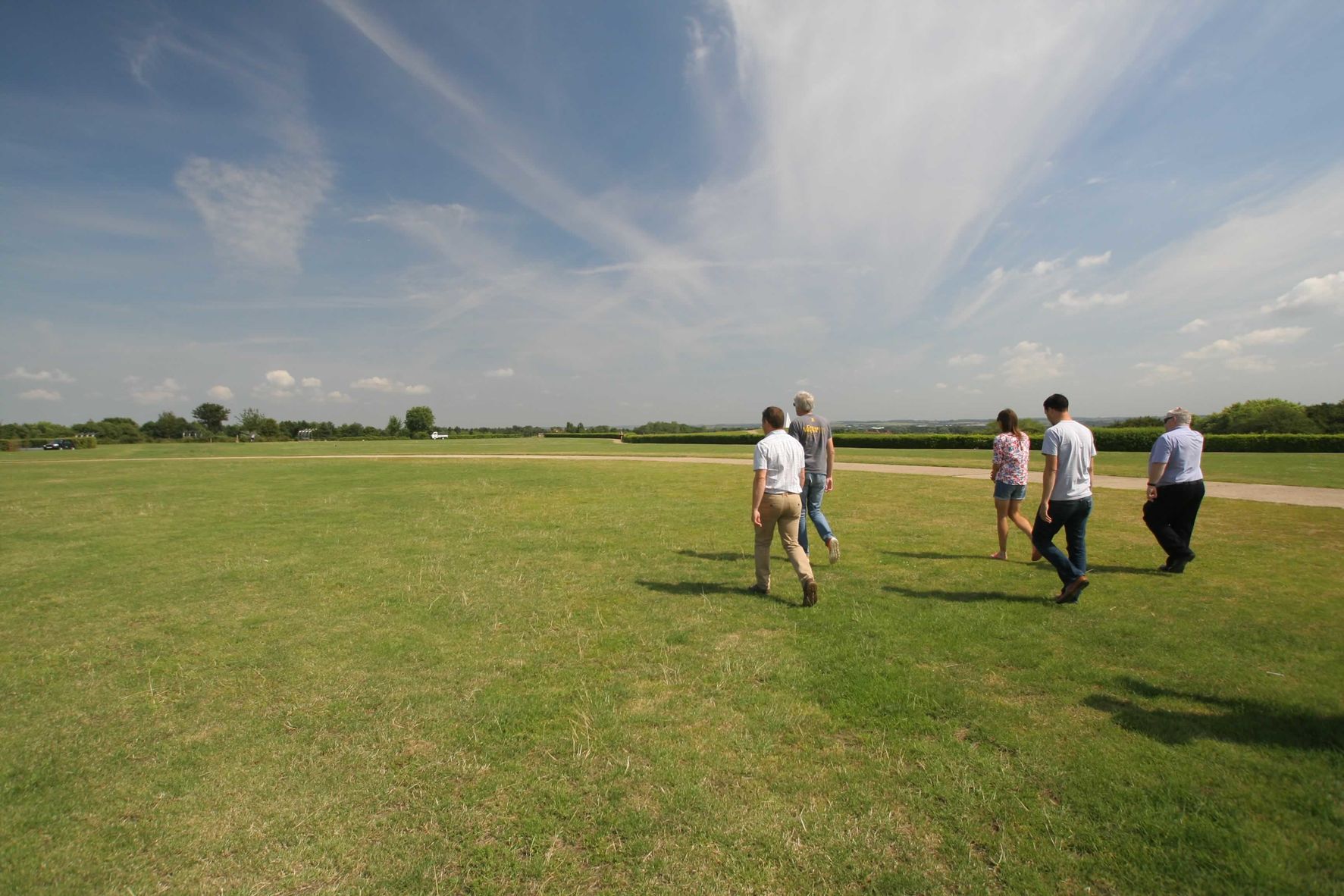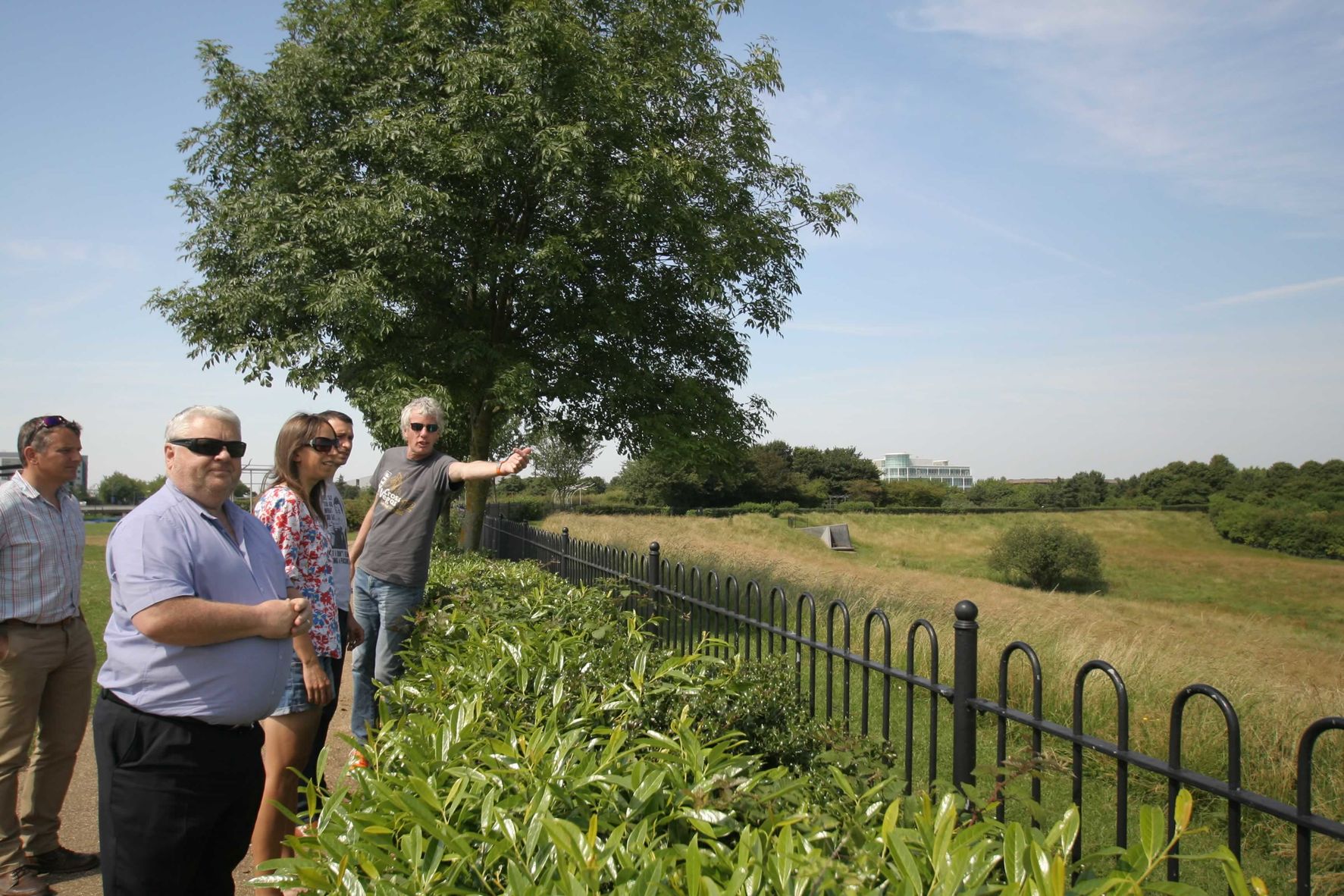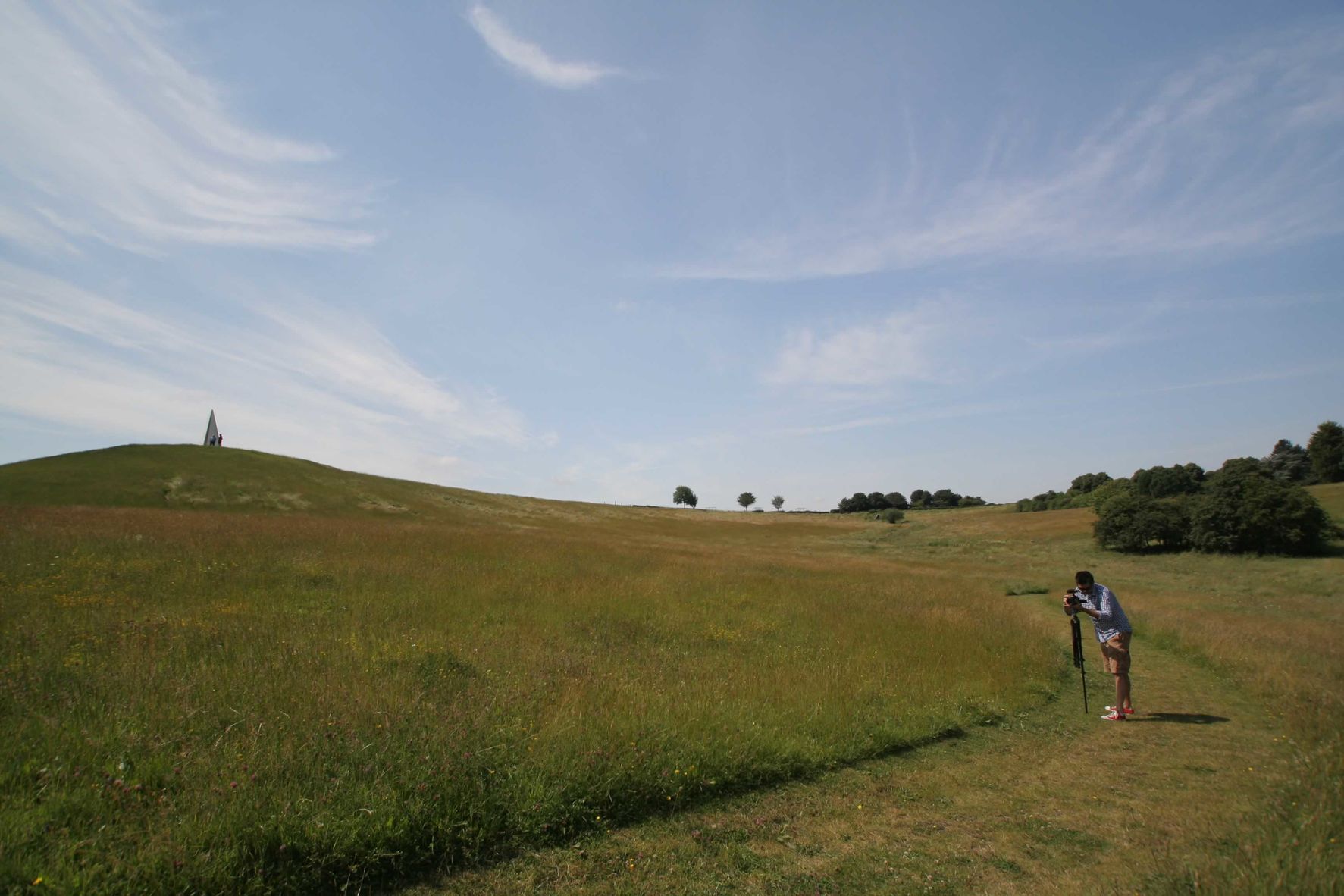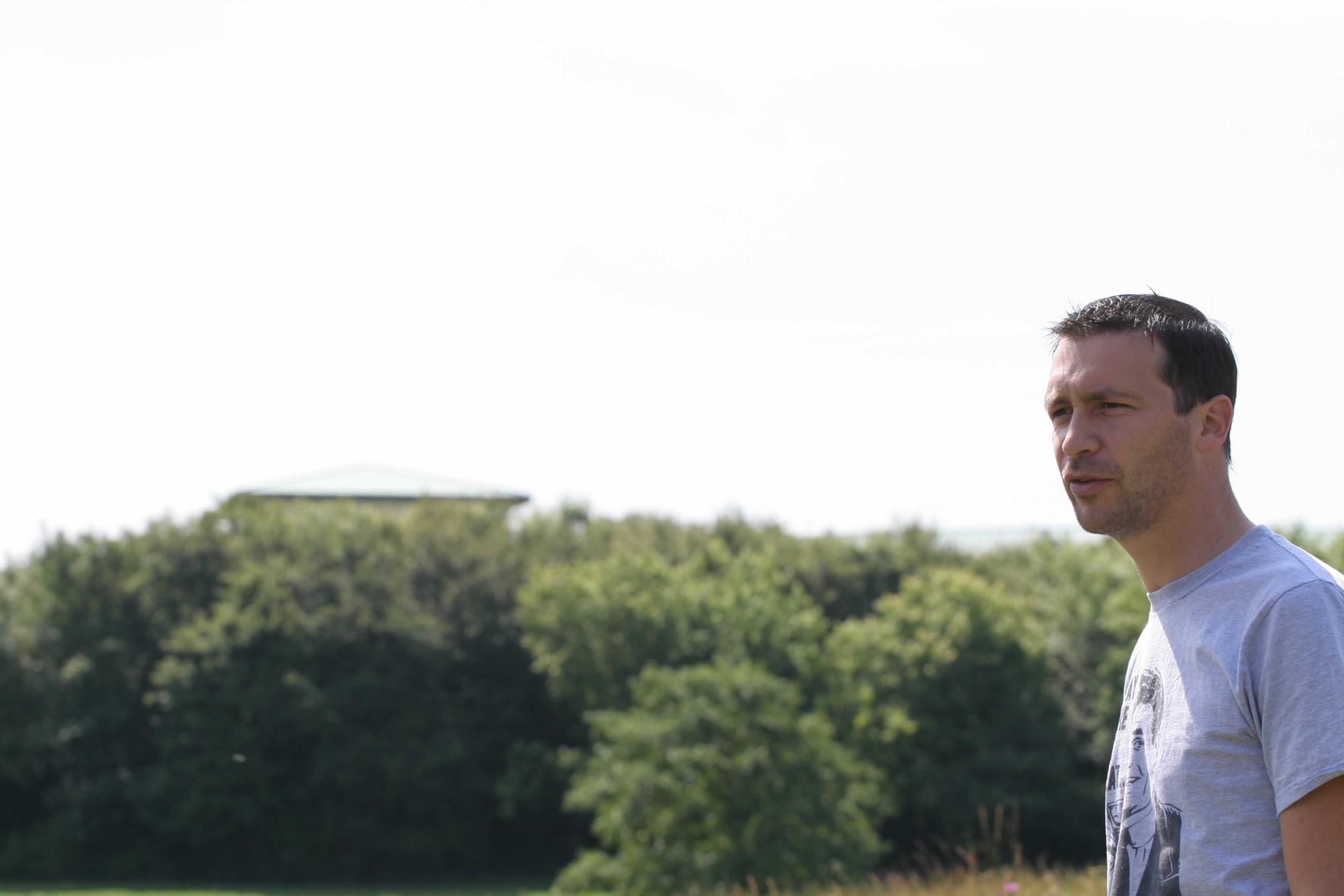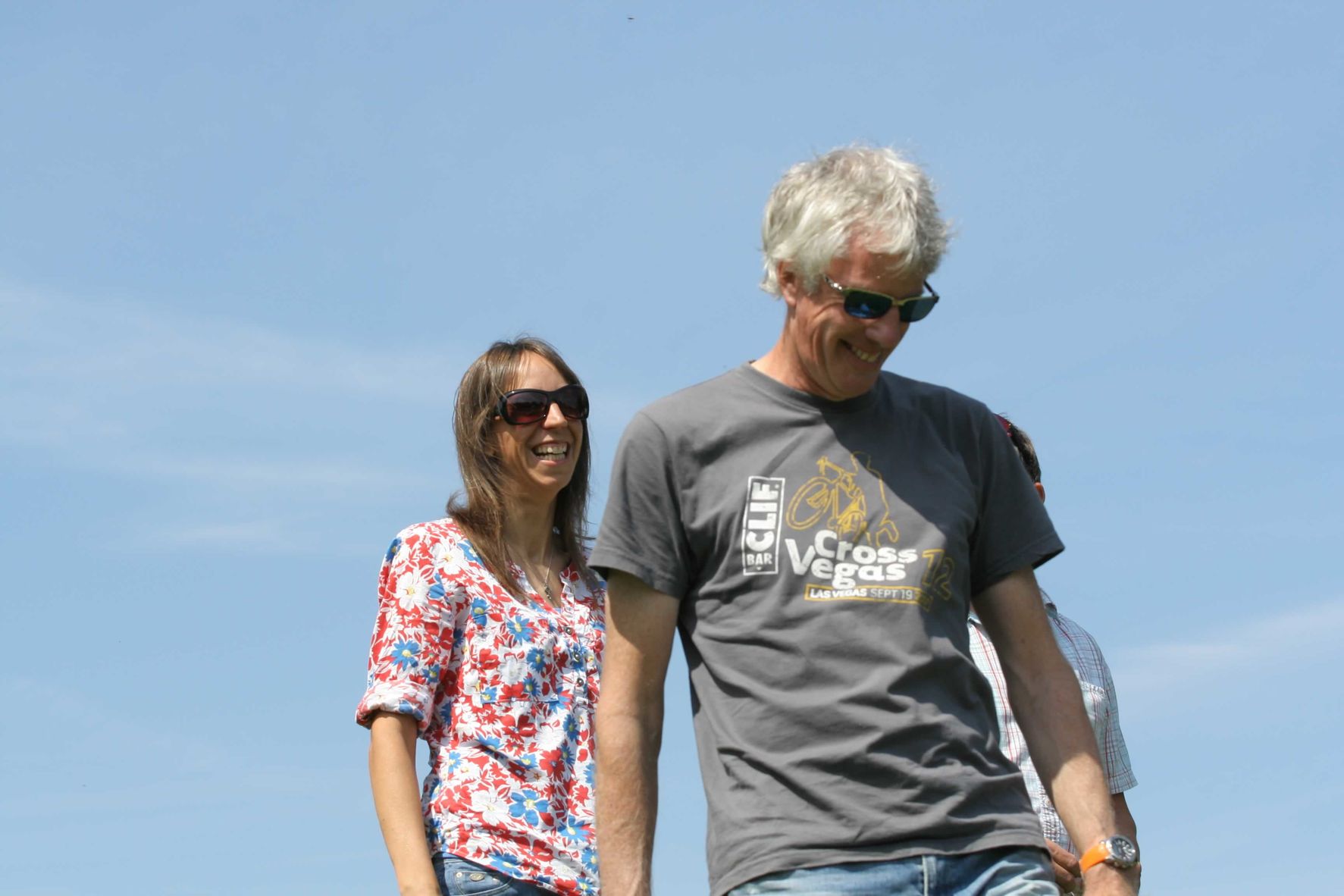Bringing a UCI Cyclocross World Cup Race to the United Kingdom
Words by Chipps Chippendale. Photos by Neil Webb
First published in Grit.cx Issue 1: October 2014
Just what’s involved in bringing a cyclocross World Cup race to a town near you? A lot of financial backing, a large open space and the UCI’s trust in you to pull it off. Luckily Simon Burney has all of those, and he’ll be organizing the biggest cyclocross event the UK has seen in decades this November. Chipps caught up with him to find out what was involved.
Genesis.
Simon Burney literally wrote the book when it comes to cyclocross (he’s the author of ‘Cyclocross Training and Techniques’, now in its third edition). However, he’ll admit that organizing a UCI cyclocross World Cup is not something that he’s particularly qualified to do – and yet, despite all that, he’s still the right man for the job.
Simon got into organizing the event in a way that will be very familiar to other organizers: “I thought for a while that we really should have a World Cup in the UK. Cyclocross is a popular sport. British people like it and they’ll travel to Europe to watch it, and we haven’t had anything big [with the exception of the Women and Junior European Champs in Ipswich three years ago] since the World Championships in Leeds in 1992. That’s a long time without having a big race in the UK.
“It’s one of those things where everyone talks about it and no one’s actually done anything about it. So I decided to do something about it. I’m in probably a fortunate position in that I’ve got UCI connections [Simon works as a technical delegate at mountain bike World Cups] so I was able to leverage a bit of support from them [to get considered] and use a bit of experience to make it happen. The hardest part, though, is getting the funding.”
Show Me the Money.
Anyone who’s seen the UCI ‘So You Want to Organize an Event’ application form will confirm that it’s a mildly terrifying document that talks about large amounts of money. The organizer is expected to provide full television coverage for the whole course, and the prize purse runs into tens of thousands of Euros. And that’s before you’ve hired the venue.
“I grew up near Donington Park and I thought it would be an ideal venue, but the place is privately owned and commercially run and expensive to hire. £200,000 is quite a lot of money to find from sponsorship, and it didn’t really fall under a local authority who might have been able to help with the costs. At the same time, I was talking to the UCI about it and trying to get some help with the cost of TV production; they knew I was interested in trying to get a race to the UK and they’re really keen to get World Cups outside of the usual Belgium, Netherlands, Czech Republic regulars.”
It just so happened that the UCI’s off-road manager Peter Van den Abeele was interviewed by a Belgian magazine and mentioned that the UCI was hoping to get a race in the UK. This was then read by a cycling enthusiast at Milton Keynes Council, who phoned Simon to say, “Is this true? Can we get involved?”
It transpired that Milton Keynes had some money to spend to try to attract bigger sporting events to the city. It’s already a cycling-friendly place and is home to some large bike companies, such as Trek UK and Madison. Initially Simon looked at the Milton Keynes Bowl, but it didn’t really work as a venue, so together they came up with Campbell Park, smack in the center of the city. The council had the funding to make a good-looking bid, and Simon was confident the shortfall could be made up with ticket sales and a bit of commercial sponsorship.
Organizing Genius.
A venue is one large piece of the puzzle, but it’s nothing without an event organizer. Could Simon Burney rely on his years of experience of organizing cyclocross races to make it happen?
“I’ve not organized anything for 25 years!” he laughs. “Me and my dad organized a few races when I was a kid. National Trophies and stuff a long time ago, but nothing big. But my UCI job is event-based so I know what’s needed. A lot of it is finding the right team of people to do it.”
Cyclocross events tend to be organized by cycling clubs or sporting organizations, but Simon is one of a small number of organizers where it’s just a one-man-show and a lot of pulled-in favours. However, the friends that Simon can call on are an experienced bunch: he’s got the course builder from the London Olympics, the Rio mountain bike course designer and the organizer of Cross Vegas all coming to help. Another call for volunteers to marshal on the day of the event brought “an overwhelming response”.
Was that enough to persuade the UCI that he’d be able to put on a good show?
“The bid document is fairly comprehensive and you need to show that you’ve got the funding in place. With the council behind me, there’s guaranteed money to get the event going and you can’t always rely or predict spectator numbers. I’ve got no idea if there’s going to be 2,000 people or 20,000 people, because it’s never happened before.
“The financial side is important – and the UCI has an amount of trust in me, knowing what was needed at the event. They realised I wouldn’t bid for it if it wasn’t possible.”
Screen Time.
Once the initial bid is in place from a venue, the UCI sends over a technical delegate to examine the course and the event logistics. Ironically, they normally send Simon Burney, so that wasn’t going to work this time. Instead they sent a different technical delegate to spend a day looking at the course and asking questions about all of the logistics. The delegate is there to ask difficult and dull questions about where the pits go, where the power will run, where the water supplies are and where the course crossings will be. They compile a report, which is included in the final bid document that’s presented to the UCI Management Board.
Simon was confident, though, not only because of his experience of seeing other bids, but also in the UCI’s keenness to get some events outside the traditional heartland of ‘cross, in new places that would give fresh audiences a chance to see world-class cyclocross up close. The UCI stepped up with some support for the television production costs. In Belgium and the Netherlands, television companies pay the promoters to televise the events, but even cycling-friendly UK television companies wouldn’t be that keen. Without that support, Simon doesn’t think that his year-one event would have gotten off the ground. He’s in it for the long term though and hopes that it’ll become a yearly event that will start to become attractive to broadcasters after a successful first outing.
It’s not guaranteed, though. Even established events like Koksijde and Hoogerheide need to successfully bid to run their event every year. Simon reckons that, barring a disaster, he should get that chance to run for a few years.
Of Course it’s the Venue.
Simon is very confident that the venue he’s chosen will make a great cyclocross course for racers and spectators. The rules governing course design are surprisingly sparse: there’s no minimum amount of elevation needed and, apart from a few guidelines about barriers (only one set of hurdles and only five additional manmade obstacles like flights of steps are allowed), that’s about it. The main rules are about the minimum course width (3m all round) and distance (between 2.5-3.5km a lap), thus Simon was free to look at this large plot of land in the middle of the city and go mad with the stripy tape.
“Just to make sure we got the length of course right, I needed to get a feel for the shape of the course around the venue, see how hard it was going to be, how many run-ups there’d be and so on. Getting that initial shape around the venue started the process, and straight away I’d got about 2,200m. I knew I needed to find some more distance to ideally get 2.6-2.7km, so it was just a case of making it interesting, and hard. I definitely want it to be a hard course… at the end of the day it’s a World Cup. I wanted it to be different [to] other courses around the world. I don’t think there’s particularly a British-style course, but I didn’t want to ship in sand to make it look a bit Belgian.”
Other aspects, like the pits, affected the original plan for the course. It must visit the pits twice per lap, and the pits themselves are 70m long and 30m wide and need to be accessed roughly every half-lap; Simon got them fitted in and the rest of the course found its way around them.
“The venue we’ve got, it’s almost the perfect venue for spectators and for TV. It’s got a big hillside ridge that drops away, with spectators at the top. You’ll be able to see 80-90% of it from anywhere on the course. It’ll be really well covered by TV, and for spectators it’s near enough perfect. It’s made for spectating.”
This Isn’t Belgium.
The UCI doesn’t necessarily award all race categories to every event, so the Milton Keynes round will feature the Elite Men and Women on Saturday November 29th, but not the Juniors or Espoirs. However, race goers will get to see a full weekend of racing to make it worth the visit. There’s a National Trophy round on Sunday, which will give some of the aspiring British riders the chance to watch the race one day, and race in the pro’s wheelmarks the next. Unlike the World Cup, Sunday’s race will be free to watch.
Obviously cyclocross fans can look forward to getting their traditional frites and mayo when watching? “No. No frites and no mayo. No Leffe either. We can do better than that. I want a British feel to it. Not just a recreation of Belgian crappy fast food in an English park. There’ll be more of an event village than you usually see at a cyclocross World Cup. There’s an expo, both indoor and outdoor, and the team parking will be in the arena too. We’ll have a food court, and there will be a beer tent, but we’re going to make it a bit more of an event that just showing up and standing in a field, eating chips out of a carton.”
Any last words before we let Simon carry on with his UCI duties in Mont St Anne? “Yes: buy a ticket now so that we know how much food, beer and cowbells we need to order.” You can do just that by hopping over to miltonkeynesworldcupx.com for tickets and more details. It’s been more than twenty years since the United Kingdom last played host to a UCI Cyclocross World Cup race; Simon Burney’s big Milton Keynes cyclocross party is going to be quite the event.
UCI Cyclocross World Cup, Milton Keynes, November 29th, 2014
